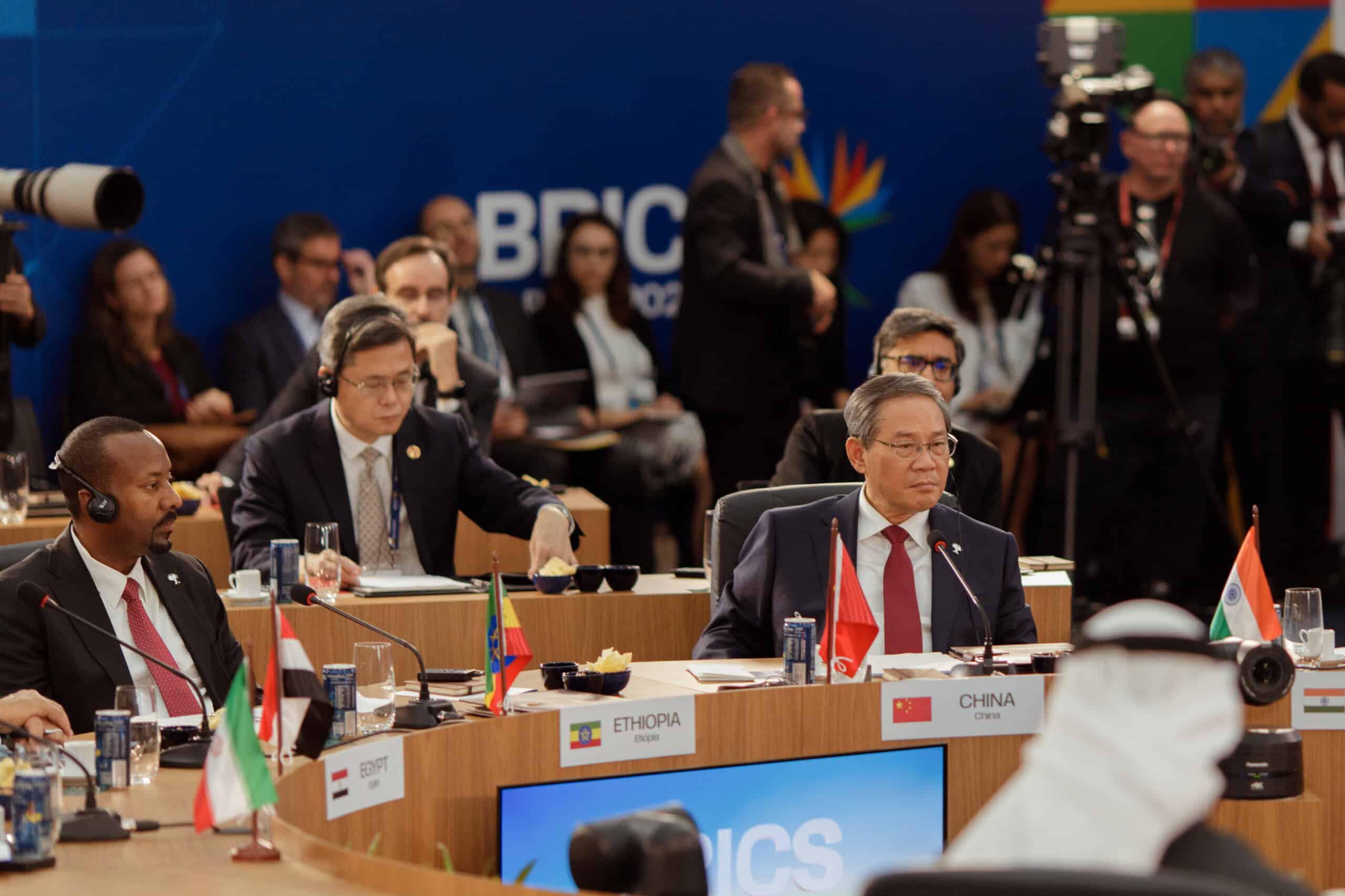Good evening. Chinese book publishers have long complained that they “dance in chains”, but at least they could dance. Over recent years, however, intense commercial pressures stemming from the Covid pandemic suggest the music is about to stop for an industry that is also hemmed in by President Xi Jinping’s uncompromising censorship regime. Profit margins are vanishing as online sales platforms force publishers to cut prices, while powerful influencers who can make or break a book demand high fees and even a cut of the sales. This week’s cover story examines the grim outlook for China’s once energetic private-sector book publishers. Even their cosseted state-owned rivals, who monopolize the coveted and expensive shuhao licenses required for new books, are feeling the squeeze.
Also in this week’s issue, we have infographics on Chagee, the tea chain that wants Americans to drink less coffee; Alicia García Herrero on the reasons why Europe shouldn’t cozy up with China; a Q&A with Chinese migration scholar Meredith Oyen; and Ali Wyne’s outlook for U.S.-China relations 100 days into President Donald Trump’s second term. If you’re not already a paid subscriber to The Wire, please sign up here.
Want this emailed directly to your inbox? Sign up to receive our free newsletter.

“A Vicious Cycle”
As bad as the past decade has been, commercially and politically, for the Chinese book publishing industry, the next decade is certain to be even worse. Rachel Cheung talks to industry executives, editors and booksellers about their struggles.
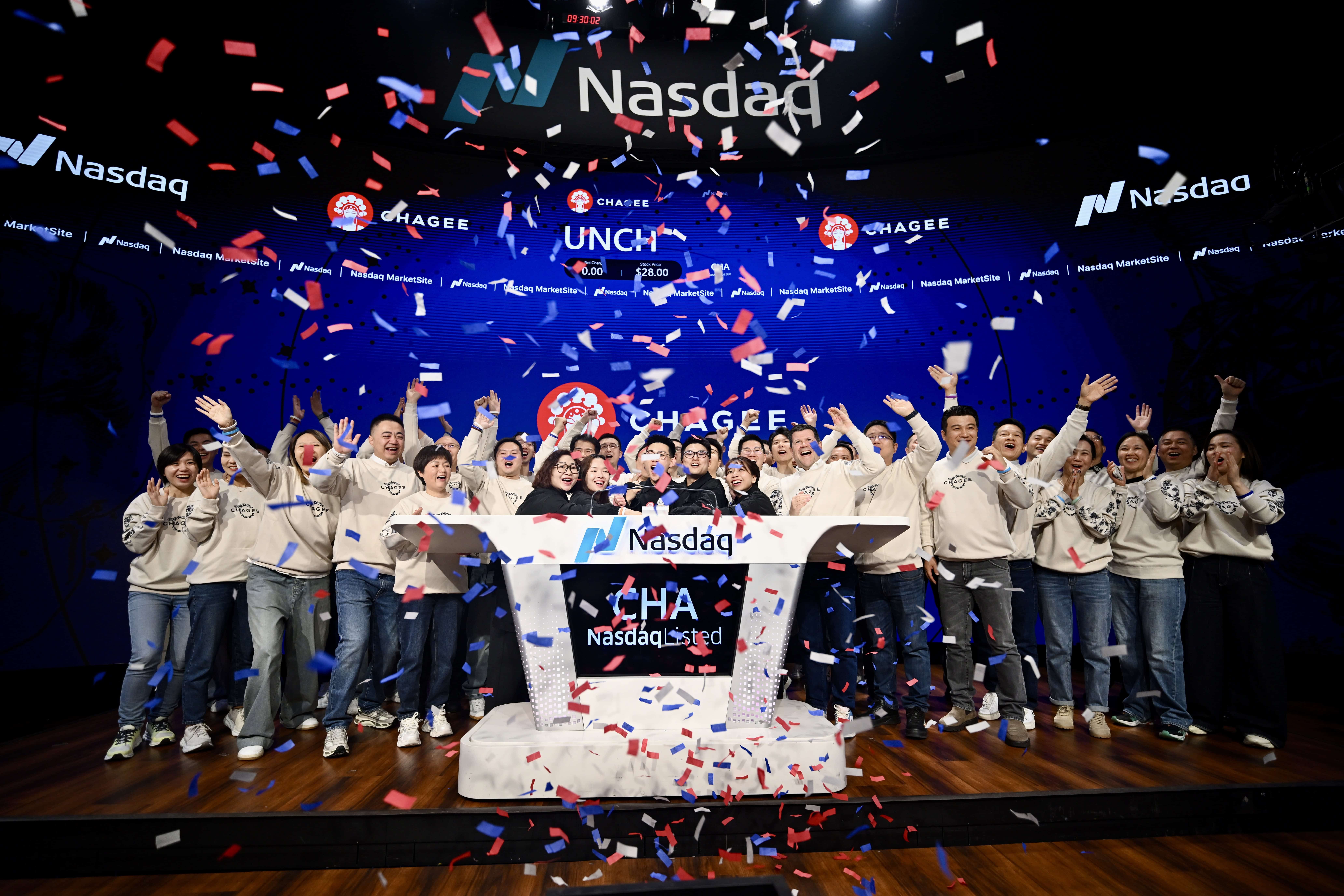
The Big Picture: Chagee’s Last-Gasp Listing
It is a Sino-American Horatio Alger story. Zhang Junjie, a 23-year old orphan from Kunming, became a billionaire last month after his Chagee tea chain raised $411 million on the Nasdaq stock exchange. The company will use part of the proceeds to open outlets in the U.S.. After its first day of trading, Chagee was valued at more than $6 billion. But there is a chance Chagee could be forced off the Nasdaq if Treasury Secretary Scott Bessent follows through on his recent threat to delist all Chinese stocks.
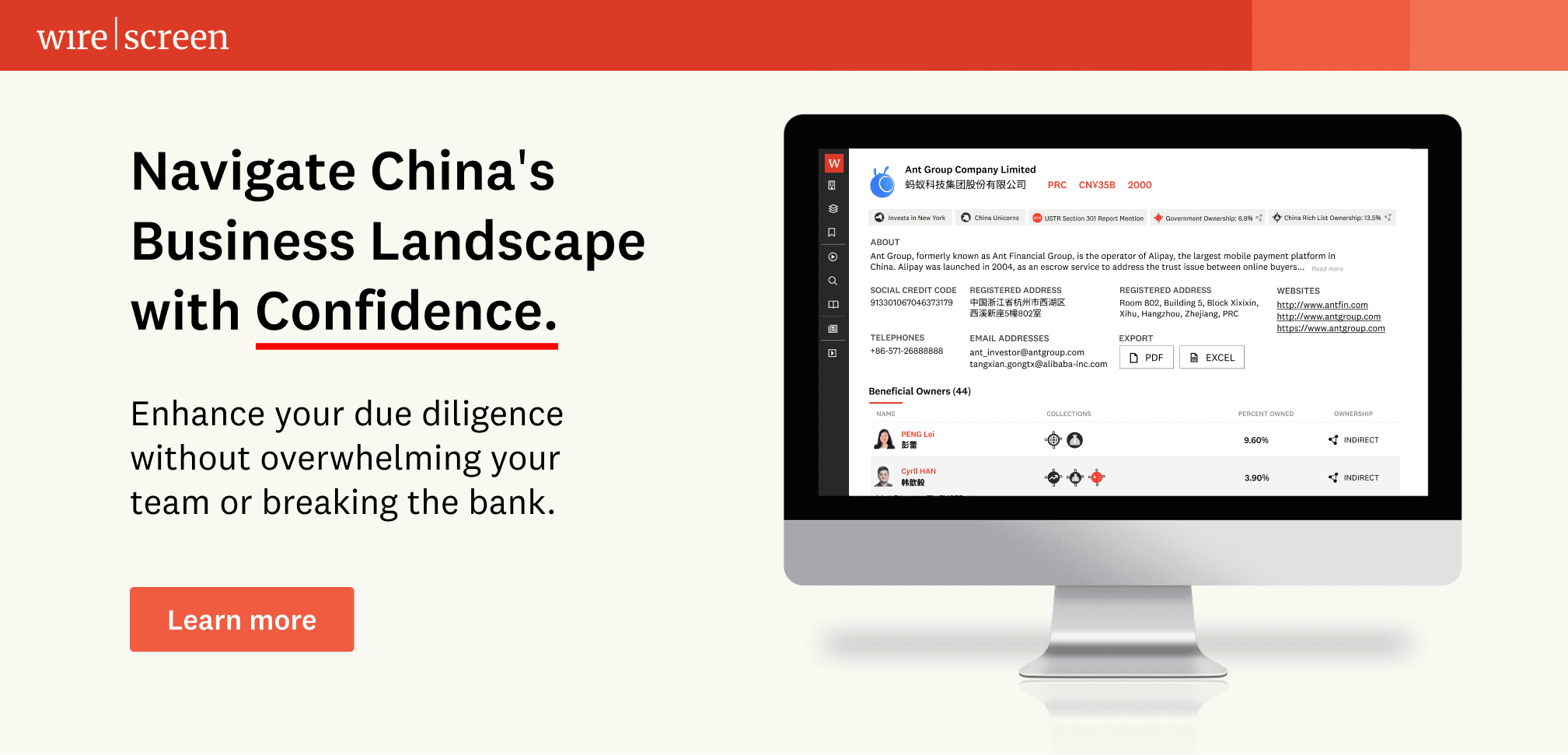
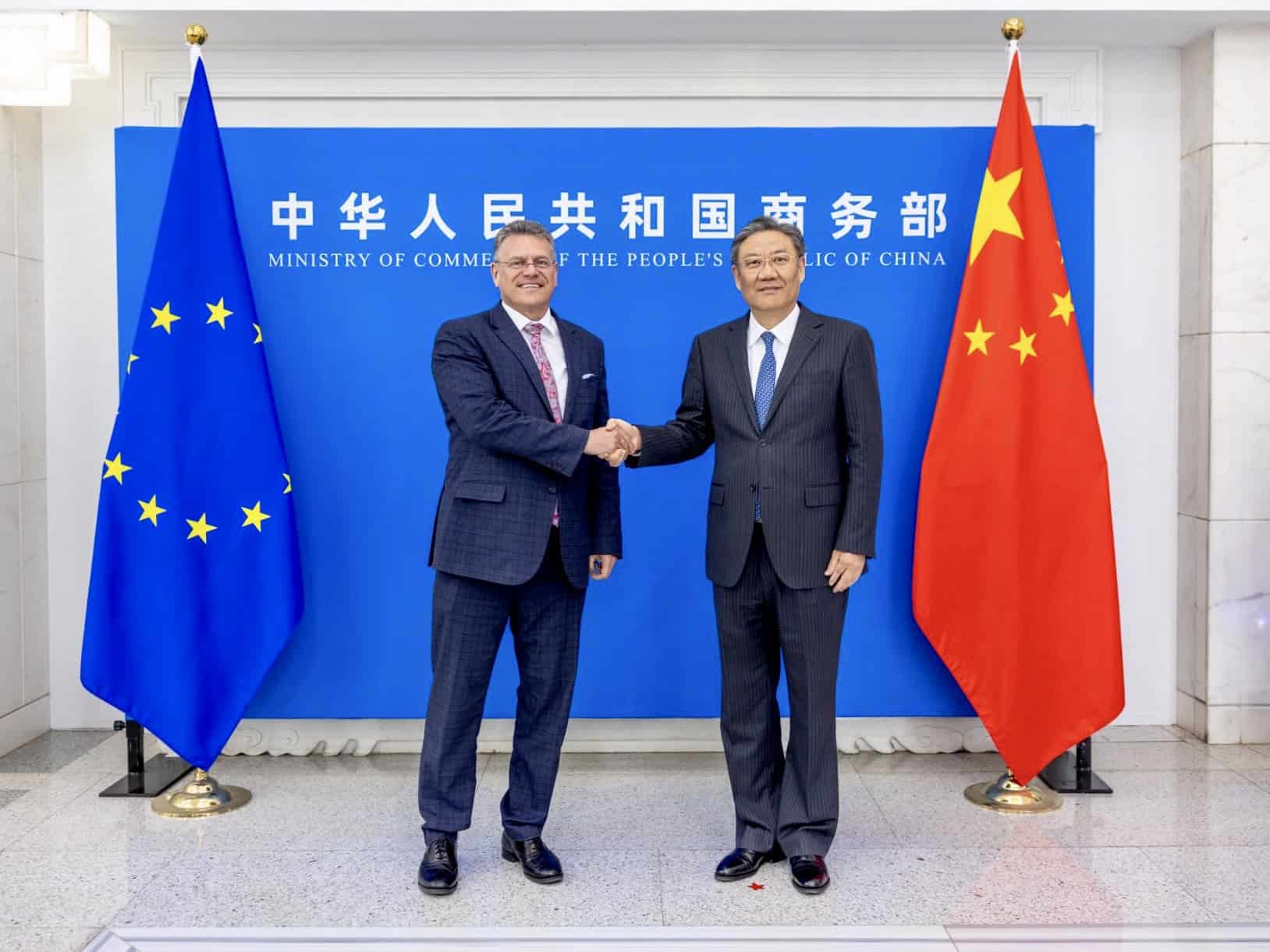
Despite Trump, Europe Should Not Flee into China’s Arms
If the U.S. is now determined to treat Europe as an enemy, Europe will be tempted to seek solace with China. But, argues Alicia García Herrero, the biggest enemy of your new enemy is not necessarily your friend.
A Q&A with Meredith Oyen

Historian Meredith Oyen’s academic specialty, on the impact of migrants and migration policies on U.S.-China relations, gives her a unique perspective on the sharp deterioration of the two countries’ relationship over recent months.
In the past, she tells Evan Peng, people flows between the U.S. and China acted as a kind of ballast that helped to stabilize the relationship. But Oyen, who teaches at the University of Maryland, Baltimore County, fears that ballast is being thrown overboard as the Trump administration puts China — and Chinese migrants now working or studying in the U.S. — at the center of its war on immigration. It is just the most recent chapter in the long and depressing history of U.S. hostility towards Chinese migrants.
Meredith Oyen
Illustration by Kate Copeland
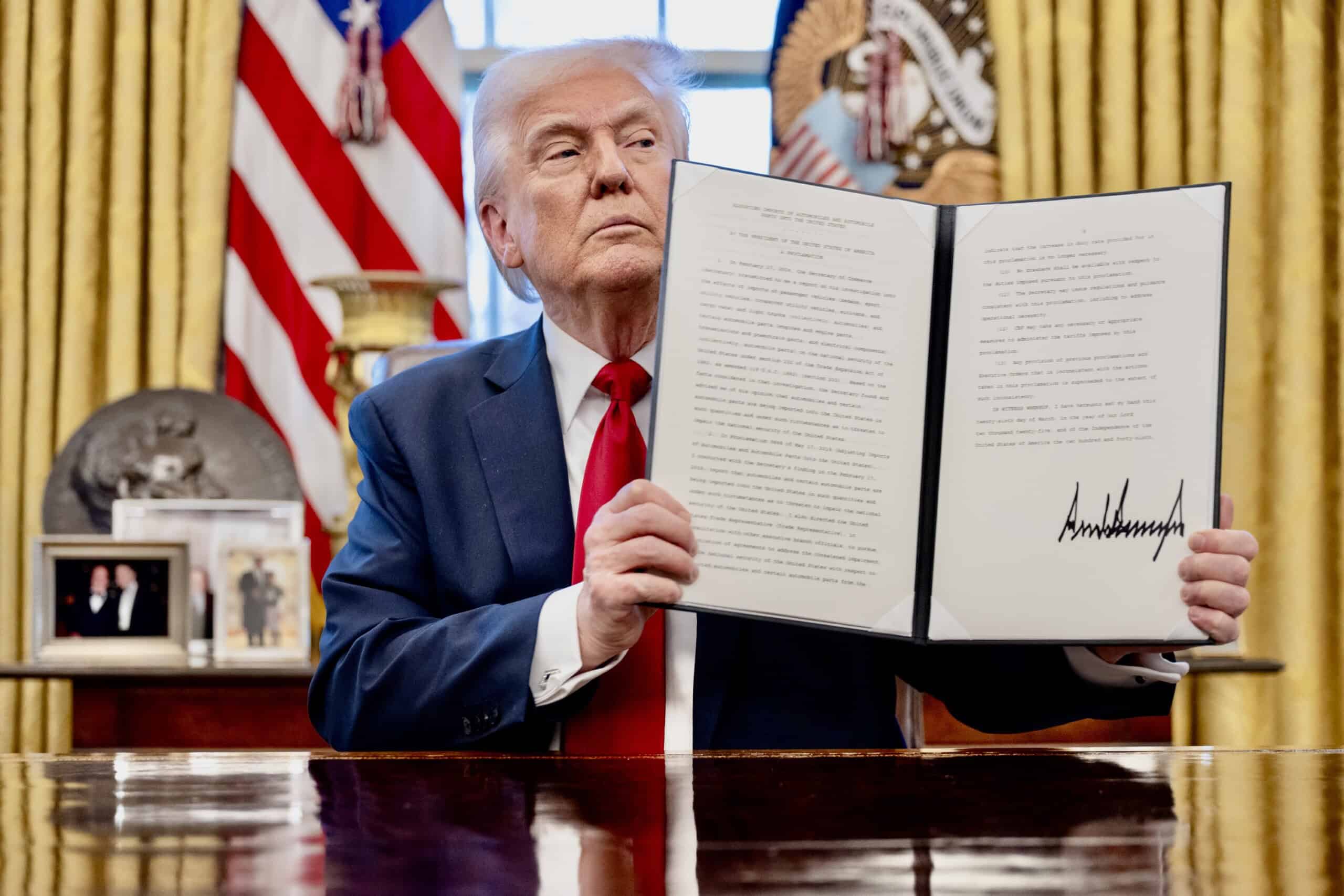
How Trump’s China Policy Looks at the 100-Day Mark
In his first term, President Donald Trump waited more than a year before slapping tariffs on Chinese goods exported to the U.S.. At the outset of his whirlwind second term, he announced new tariffs on China less than a month after taking office. Ali Wyne assesses the outlook for Sino-U.S. relations.
Subscribe today for unlimited access, starting at only $19 a month.


